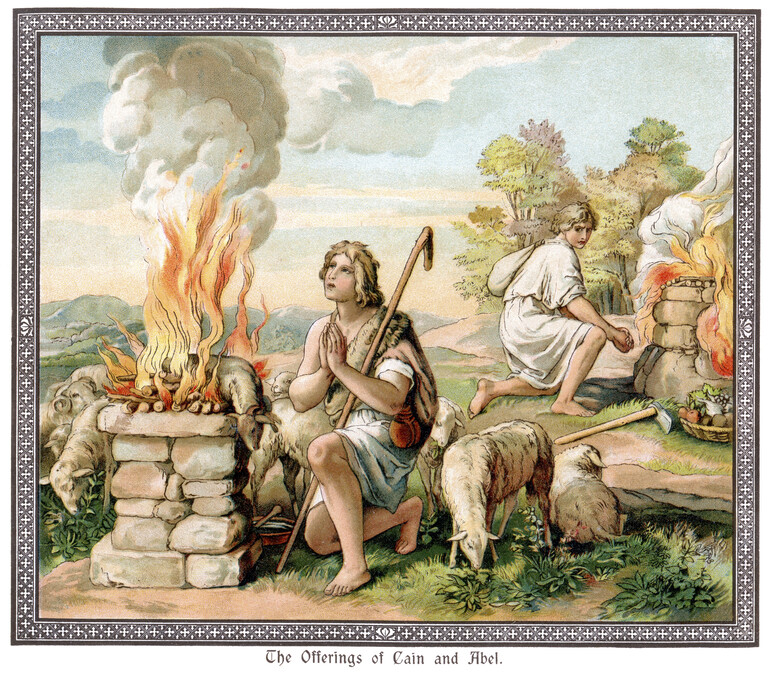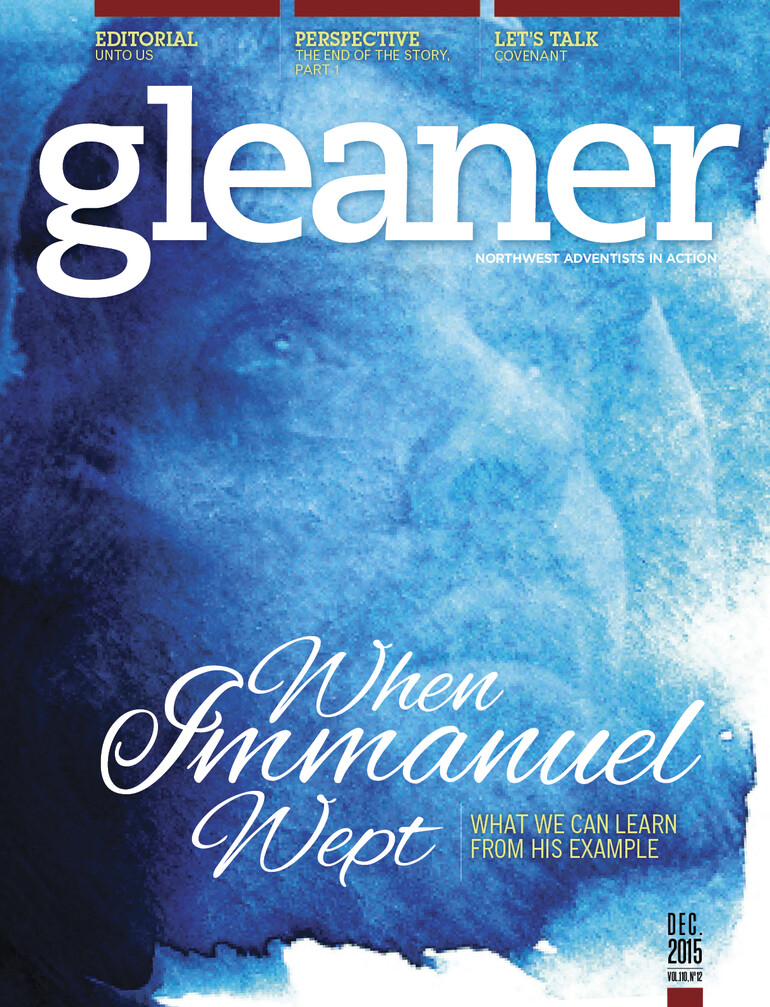It is beyond the power of the human mind to estimate the evil, which has been wrought by the heresy of eternal torment. The appalling views of God have made thousands, yes, millions, of skeptics and infidels.[1]
The teaching of hell has the potential to scare people away from God; it’s a dangerous substance to handle, and people can burn themselves or the ones to whom God wants to reveal His love.
When an author creates a story, he or she makes an agreement with the reader. The agreement says no matter how dark or twisted or frightening the story seems — all will work out the way it is supposed to in the end.
Storytellers narrate tales while holding the trust of listeners. Violating that trust makes for bad endings (and bad scores on Rotten Tomatoes and Amazon.com), meaning it’s in the best interest for everyone involved in the story to honor the covenant.
So, once upon a time, God created a world of beauty and love and placed the power to choose the way of love within His creations. No one fought in the backseat or wondered where the next paycheck was coming from. Computers never crashed with unfinished term papers, and people never brought guns to school. Everything worked in perfect harmony … and then the Liar appeared.
The Liar convinced creation that God was a monster, hiding secrets, and that everyone would be better off becoming their own gods and creating their own worlds; and the way to become your own god involved tasting the fruit from a forbidden tree with the knowledge of good and evil “to help you know as God knows.” But his plan was independent of participation with the divine order of creation. It was the way of demons, devouring everything for selfish purposes. Adam and Eve’s eyes were “opened,” ironically to see darkness.
“And they sewed fig leaves together and made themselves loincloths … and the man and his wife hid themselves from the presence of the LORD God …" (Gen. 3:7–8). The first cover-up — and creation has been covering itself up in a blanket of darkness ever since, hiding from God — turning the beautiful creation into a world of shadow and pain.
Adam’s son murders his brother and tries to hide the body; Noah’s neighbors only think with dark intentions; Joseph’s brothers bury his divine dreams in a pit of slavery; Abram says his wife is his sister; Delilah — whose name can’t be spelled without “lie” — plots her husband's downfall; Eli covers up his sons mockery of God; David covers up his affair with assassination; Peter makes an oath only to deny it under a pile of swears; and Judas betrays God … and the list goes on.
Embezzlers, adulterers, liars, assassins, schemers, blamers, perpetually smiling profile pictures convincing everyone they are always at the gym or on vacation or happy. Humanity has been in hiding for a long time. Hiding has become some people’s habitat — moving far away from the beautiful beginning into chapters permeated by gloom. What remains is hope that a plot twist will happen. We sense something off and cry out in Psalms churches seldom elevate to memory verse status or write on sympathy cards with floral backgrounds.
“My God, my God, why have you forsaken me?” (Ps. 22:1). Other Psalms call on God to break the teeth of evil, take the bite out of crime. And God hears those who are willing to cry out for something — so He gives the Revelation (John 1:1–5).
Jesus coaxes people out from their hiding spots by revealing the love of God with nail-scarred hands that clung to shadow and pain and death so closely sin didn’t realize it was committing suicide by killing the Son of God. But no sooner does Jesus emerge from the tomb than the Liar continues his work. Matthew 28 says powerful people paid money to circulate stories denying Jesus rose again. Revelation is covered up. And human history becomes a game of hide and seek, with God giving grace to those who are trying to see Him through shadow and pain.
Paul notes, “For now we see in a mirror dimly ...” (1 Cor. 13:12). Everything people do is an act of interpretation. It’s why adults will use a sticks to help them walk, but 9-year-old boys use them as rifles to shoot a bus that is actually a bear. It’s why humans don’t always realize what they are doing, or saying, or thinking, so when the pages of this story promise Jesus will end shadow and pain, and give creation a good ending, it can be hard to imagine how since there have been so many bad ones.
[1] Ellen White, The Great Controversy( Nampa, Idaho: Pacific Press), p. 536.










